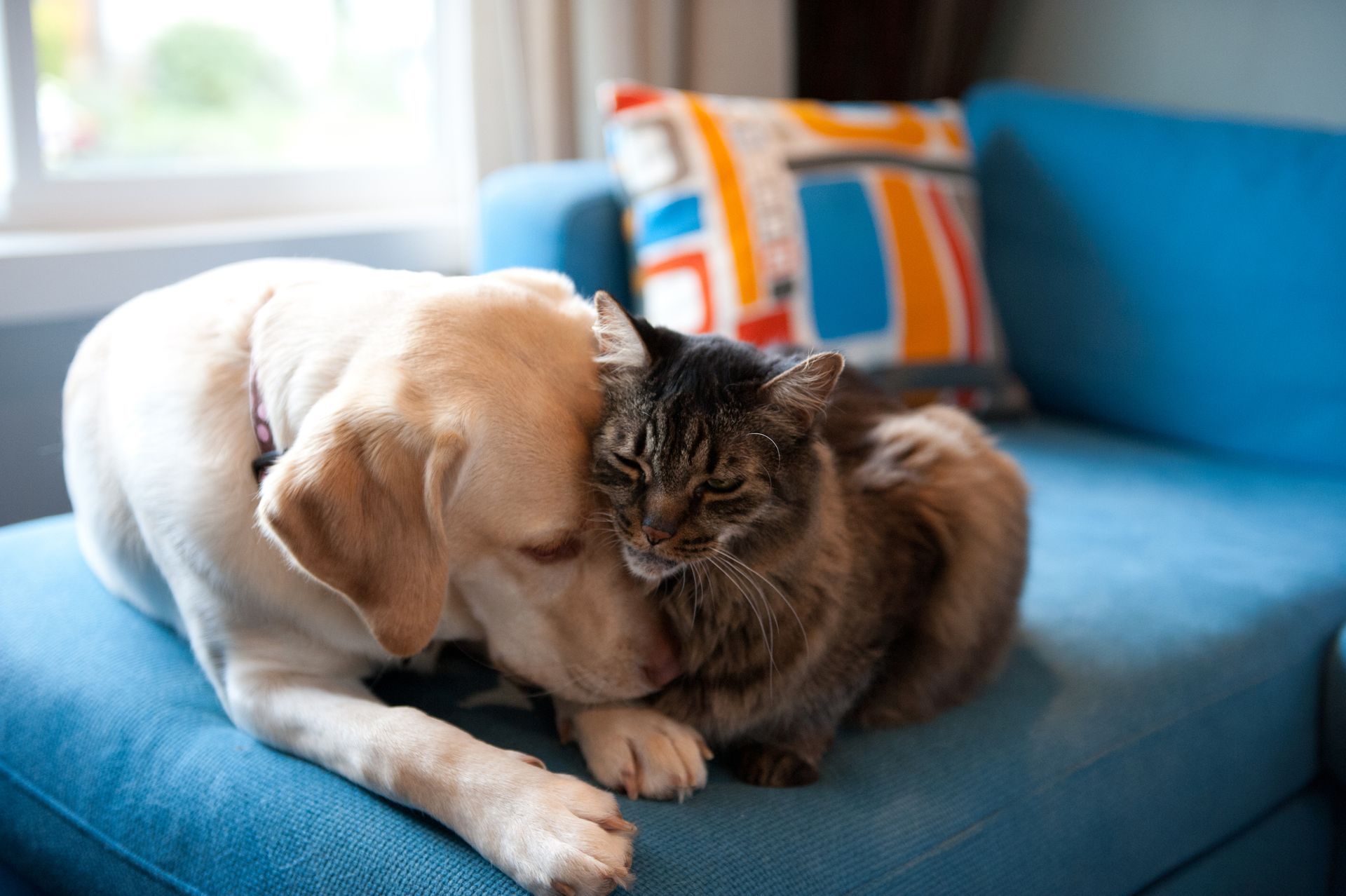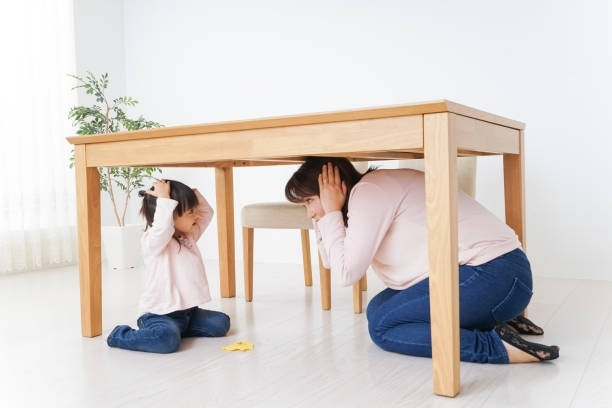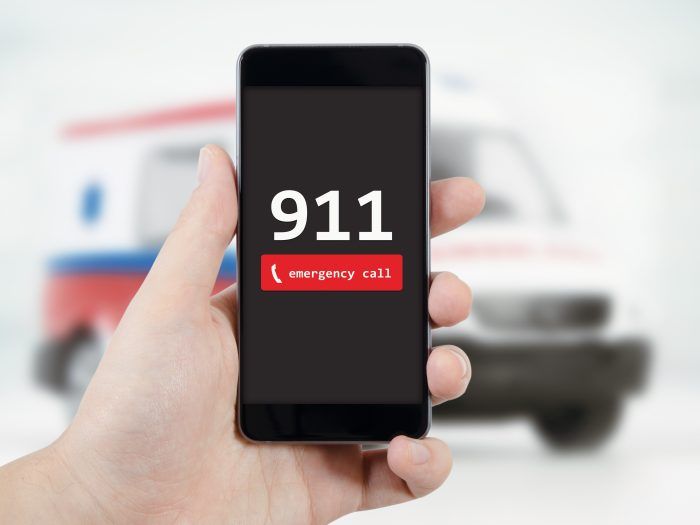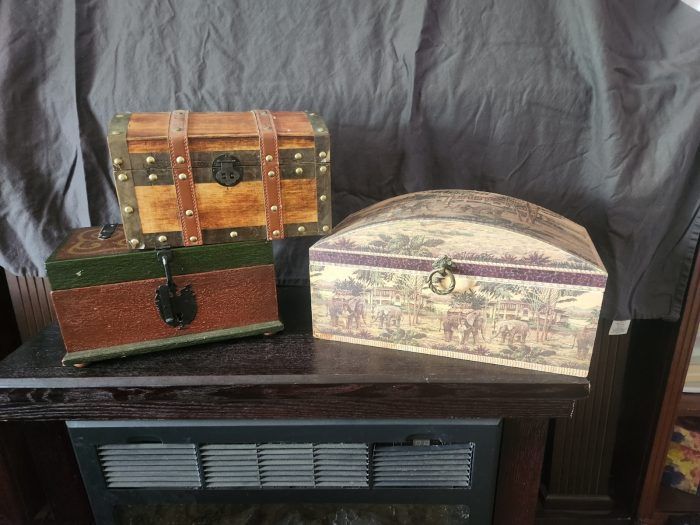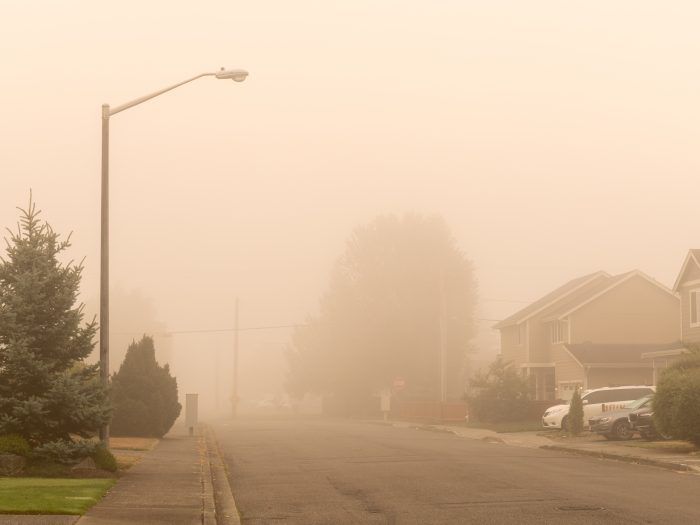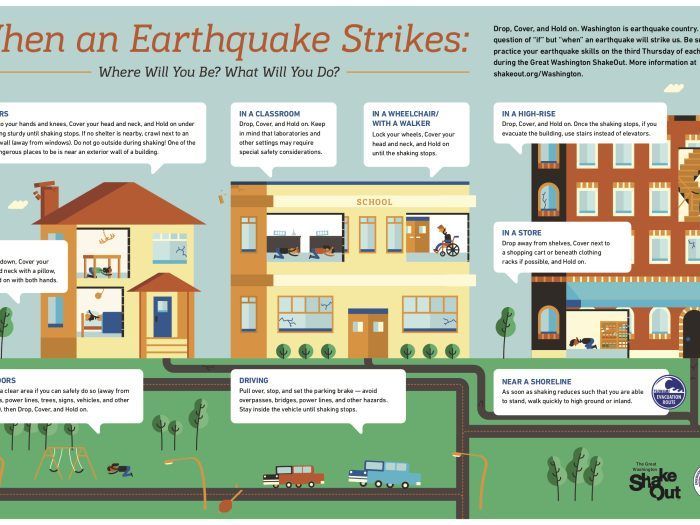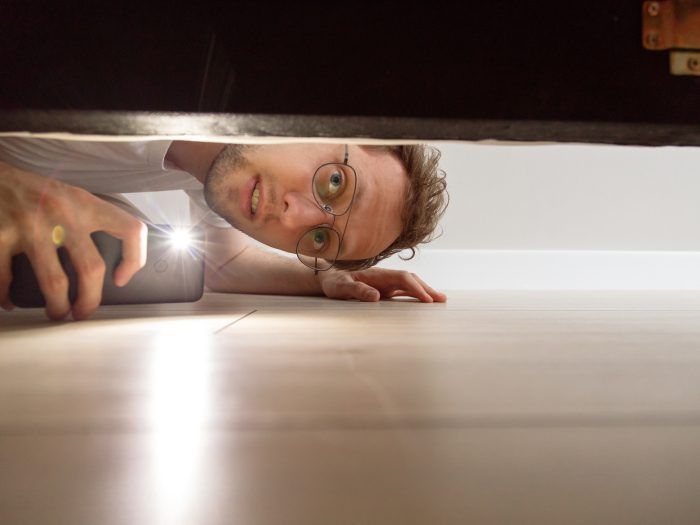Non-Electric Indoor Heaters
One of the questions I ask my clients during the In-Home Readiness Assessment, is whether or not they have a non-electric heat source in case the electricity goes out following a natural disaster. Most do not, which isn’t surprising.
Then, the conversation usually turns to discussion of portable heaters and if they are safe for indoor use.
The good news is, there that are several types of space heaters that can safely be used inside your home, provided you pay close attention to monitoring carbon monoxide levels while you are using them.
I also ask my clients if they having working carbon monoxide detectors in their home (most do), so that addresses the potential problem from the get-go.
My house is totally powered by electricity, so I bought a propane heater several years ago, along with a couple dozen, sixteen-ounce disposable cylinders. I haven’t had any power outages since then, so I haven’t had to use it indoors, but I did use it in 2020. That was during the worst of the Covid outbreak; it helped keep my guests warm when we huddled under my carport for a holiday get-together. (We were still practicing social distancing at the time.)
The heater I chose, Mr. Heater Big Buddy turned out to be pretty simple to use, but I’m glad I had the chance to practice before I actually needed it. If you buy a new heater for emergency use, I highly recommend you give it a practice run. Times of crisis are not a good time to try learning something new.
In addition to propane heaters, you can also buy indoor space heaters that run on natural gas , and kerosene. I have not tried these myself, so I can’t recommend them, I am simply providing you with a starting point for your own research.
Take care to make sure any unit you buy is rated for indoor/outdoor use , as most are only tailored for outdoor use. Again, the potential for carbon monoxide poisoning is the big concern. Carbon monoxide is odorless, so the effects sneak up on you.
NEVER leave any space heater on when you are sleeping, even if it says it’s safe for indoor use, and no matter what the manufacturer says. Actually, manufacturers of space heaters will usually issue the same warning, because they don’t want to risk being sued for wrongful death! That’s how real the danger is.
The (further) good news is that all these units are fairly inexpensive. The three I have linked to here sell for between $130-$200. Of course, you can spend much more, and none of these is going to heat your whole home, but they should at least keep you from freezing to death.
Another interesting note about heating sources during a blackout. If you have a gas fireplace , it may or may not provide heat without using electricity. DO NOT, however, try to heat your home using your gas oven. The previous caution regarding potential carbon monoxide poisoning applies. There’s a reason why some people try to commit suicide by sticking their head in an oven.
If money is not your main concern, you may want to consider investing in a home generator that WILL heat your entire home during a blackout. Rather than link to a specific company, this YouTube link by Ask This Old House , gives information about how to choose a system. (Full disclosure, I din’t actually watch the whole video. Hopefully, the title of the video is truly indicative of its contents.)
Below are links to information I got from ChatGPT before writing this post (also linked in the article). As you will see, I did not directly use any of the text in my own post; what fun would that be?
ChatGPT transcript regarding non-electric heaters. https://chat.openai.com/share/d32930c5-8ef2-4354-8251-2d20801b8654
ChatGPT transcript regarding home generators. https://chat.openai.com/share/1406922b-dceb-4e94-8616-48ebcc2dbbd0
ChatGPT transcript regarding the need for electricity with gas fireplaces. https://chat.openai.com/share/9cbd47d5-289b-4997-9bb4-8e3b11636b1f
I hope this gets you thinking, and planning, about how you will keep yourself and your family safe and warm during the next blackout. I welcome your thoughts and comments.
The post Non-Electric Indoor Heaters appeared first on Just In Case.
